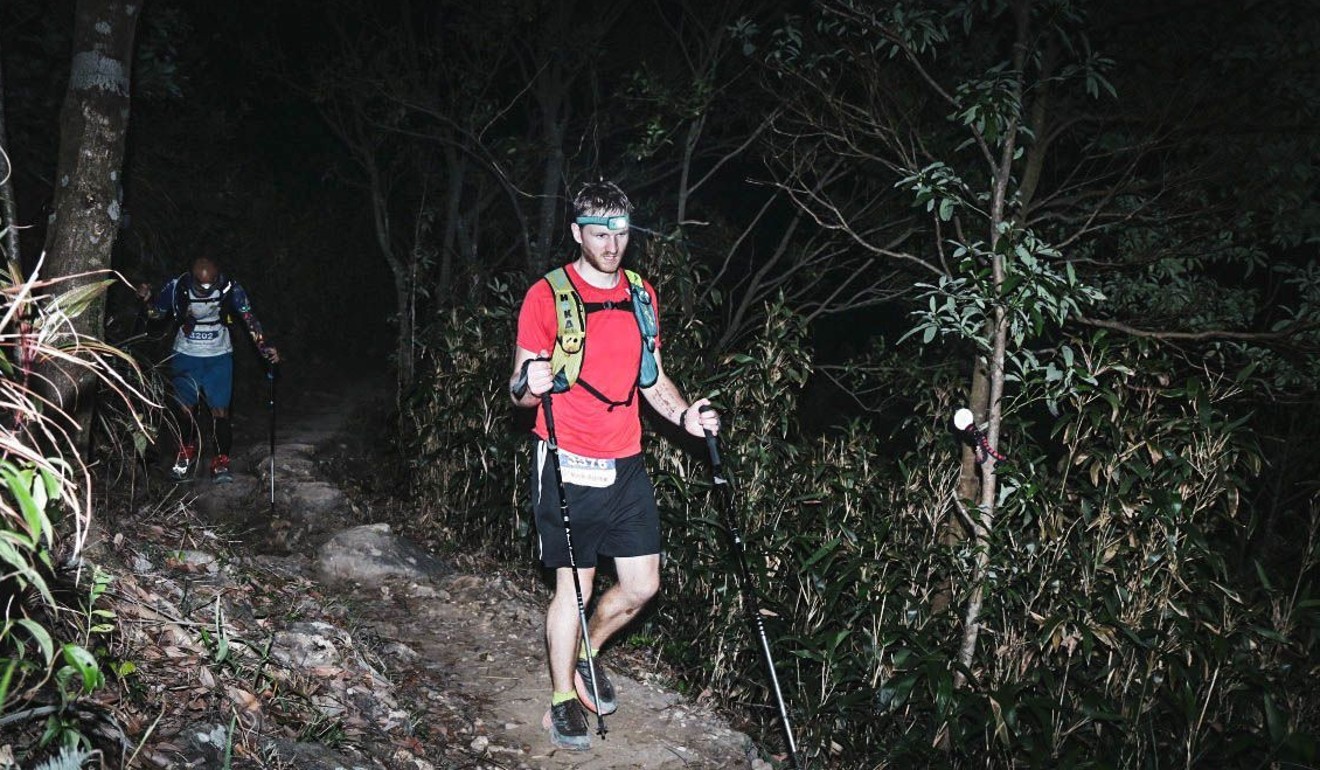
Endurance sports require mental strength, but they are physical too, so do not use ‘it’s all in the mind’ as an excuse not to train
- Mind and body are interlinked and as important as the other; the strongest mind in the world counts for nothing without the physical training to back it up
“It’s all in the mind,” is something you hear a lot when talking about endurance sports, be it ultra running, ocean rowing, mountaineering or whatever your poison. But that’s not true. Unless your endurance sport is multi-day chess, it is a physical sport as much as a mental one.
You will need mental strength for your inevitable lows, and you need to dig deep and push when all you want to do is stop. But you are physically moving through space. You cannot think your way over a finish line.
So, do not use bucketloads of mental strength as an excuse not to train. I’ve been in teams when others scoffed at my commitment to getting fitter, smug in their knowledge that “it’s all in the mind” and they’ll prove it come the challenge. Only, they didn’t. In some events, I have also been guilty of relying on former experiences, and not delivering when crunch time comes as I’ve not trained as much as I should have. Likewise, I’ve embarked on challenges with incredible physical specimens who have broken down when the going gets tough.
Mind and body are interlinked. You will struggle to complete your goals without both in shape. Just because you can run a certain distance in a certain time, it does not mean you will unless your mind is prepared to push your body. But if you physically cannot run that pace, well, good luck maintaining your splits with your mindset instead of your legs and lungs.

What’s more, physical training is mental training. Once you get fitter and achieve a new target your mind adjusts to the new normal, so even if you are relying on mental strength it is still not a reason to forgo training.
For example, before I took up fitness sports, I used to sit down and take breaks when climbing the notorious 1,000 steps on The Twins, on Hong Kong Island. But one day I did it without a break. Now, no matter how fit or unfit, I can always complete it in a single push, simply because my mind knows it is possible.

It is a misconception, too, that mental strength is innate. Just like a muscle, putting your mind under stress will make it stronger. The best way is to put your body under stress. There are times when you will want to slow down because you are physically tired, but fighting that little voice and going a little further will quieten the negative thoughts next time, too.
In short, if you have a goal, train. Not only will it increase your physical comfort zone, but your mind with also get comfortable being uncomfortable. One without the other and you are setting yourself up to fail. It is not all in the legs, but it is not all in the mind, either.
There are numerous ways to get stronger mentally and physically at once:
- Stick to your training schedule even when you do not want to. Making yourself complete it, against your will, is a good way to be able to silence negative thoughts.
- Andre Blumberg, organiser of the notorious 298km Hong Kong Four Trails Ultra Challenge, swears by training when you are already mentally tired. If you get out on the trails, sit on a rowing machine or hit the gym after a hard week’s work, your mind will get used to the feeling of pushing your body when it is already drained.
- Practice self talk. In the midst of your endurance challenge, you will need to tell yourself to keep moving when all you want to do is stop. You will get better at giving yourself positive self talk and responding to it, if you practice it. During training, speak to yourself, even if it is in your head – find out what mantra works for you and get better at using it.
- Train when you are hungry. Do your session before breakfast to teach yourself that you can complete exercise without fuel in your stomach. That way, if you are beginning to bonk and you are far from your next opportunity to eat, you can tell yourself, “I’ve been here before. I know I can complete this distance on an empty stomach”.
Ultra running superstar Kilian Jornet once went five days without eating. “It’s very interesting to know where are your limits and experience that by yourself,” he said on the Rich Roll Podcast.
“Many times you are in a race and you miss an aid station, you begin to panic, but you won’t lose because you missed that. I wanted to see how the body can be efficient in different metabolism. It was very interesting because I stopped eating”.
That is extreme for us mortals and not recommended, but the principle is the same. “It’s interesting, because I know until five days I don’t really need to worry,” he said.
- Train with no time limit. With a finish in mind, your mind prepares to finish. So, instead of pushing yourself for a set time or distance, make your session open-ended. For example, do two minutes on the rowing machine and have a one-minute break. Keep going until you can no longer complete 550m in two minutes. The potentially endless session means it is not just your body pushing, but your mind training for the unexpected.
In the crazy race with no end, Big Dog’s Backyard, where runners complete a 6.7km loop starting every hour until just one person is left, Hongkonger Will Hayward said his mindset was crucial.

